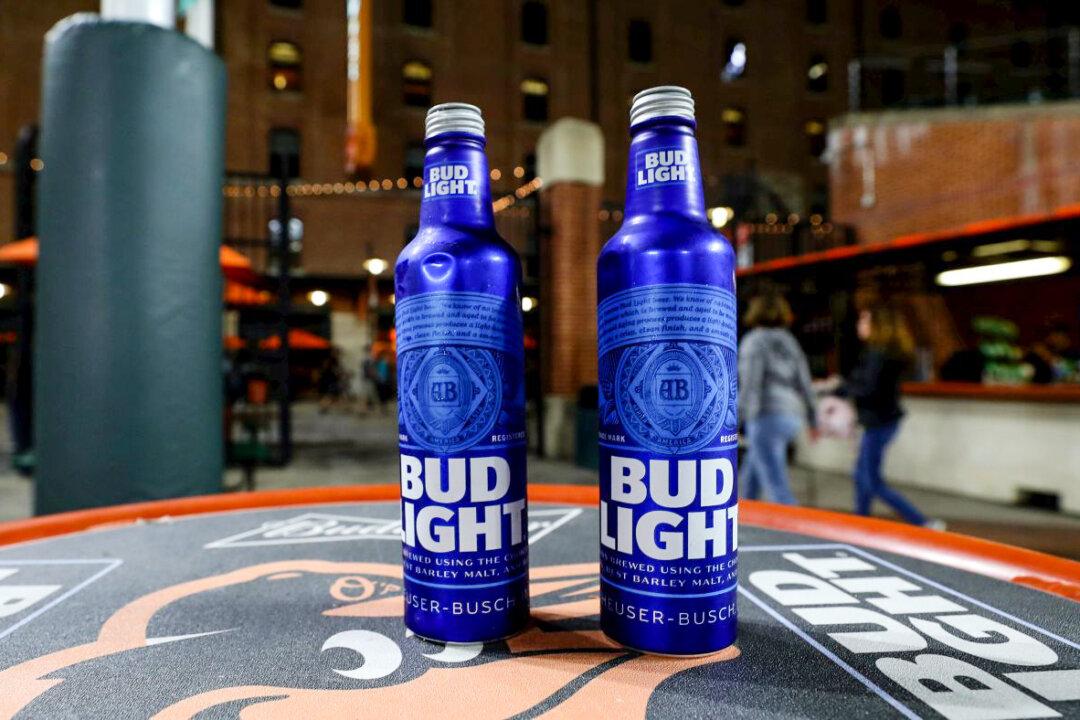Anheuser-Busch revealed that it is making attempts to change its marketing structure in the midst of a backlash after Bud Light produced a can featuring a transgender activist’s face for a social media promotion.
While the firm did not make mention of the controversy and boycott, a spokesperson for the brewing giant told Fox2Now in St. Louis that it held a meeting in the city and that “we have communicated some next steps with our internal teams and wholesaler partners.”





